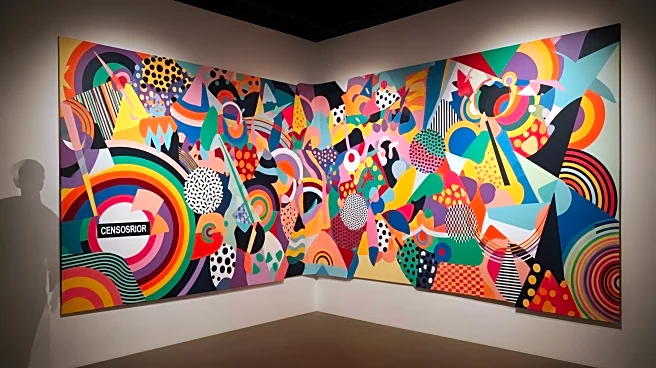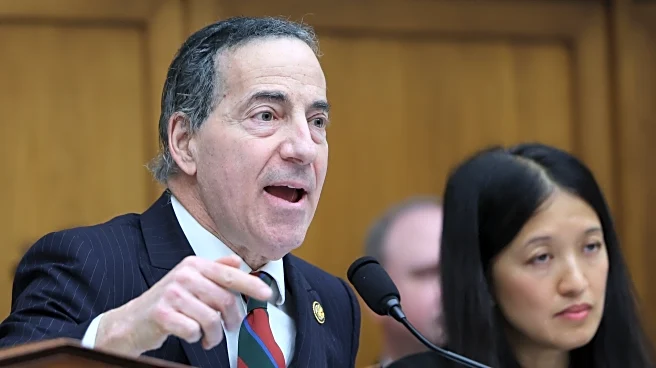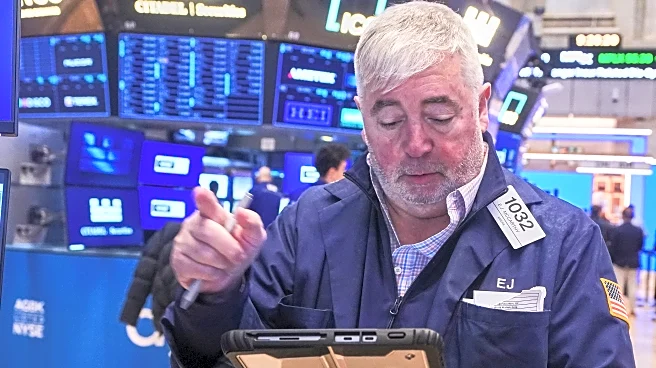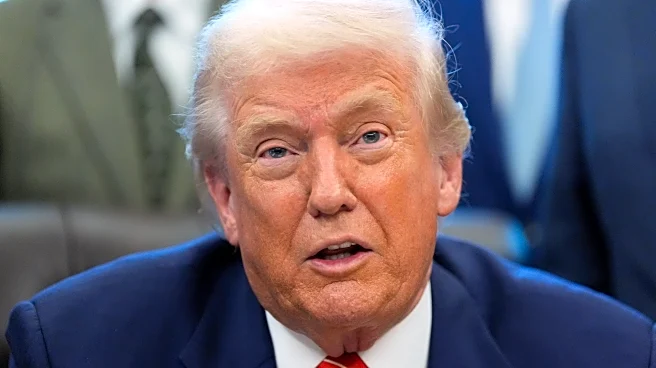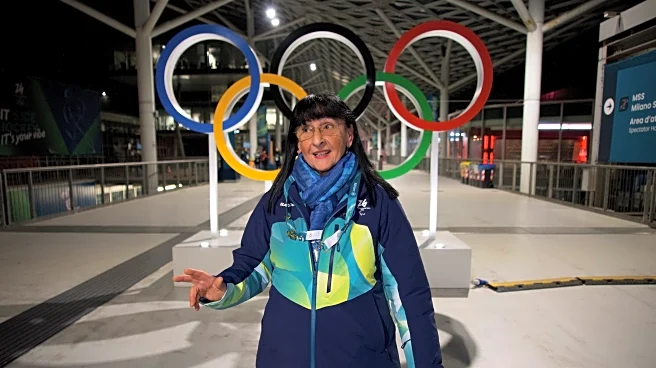What's Happening?
Pavel Krisevich, a performance artist from St. Petersburg, and the SlovoNovo festival, a Europe-based cultural event, have been designated as 'foreign agents' by the Russian government as of November 7.
This designation, managed by the Russian Ministry of Justice, imposes legal restrictions and can lead to criminal prosecution. Marat Guelman, founder of SlovoNovo, expressed concerns that this move will deter Russian participants due to fear of repercussions. Krisevich, known for his politically charged performances, was previously imprisoned for staging a protest in Red Square. His addition to the list reflects the Russian government's ongoing crackdown on cultural figures opposing its policies.
Why It's Important?
The designation of Krisevich and SlovoNovo as 'foreign agents' underscores the Russian government's intensified efforts to suppress dissent and control cultural expression. This action is part of a broader strategy following Russia's invasion of Ukraine, targeting individuals and organizations that challenge the Kremlin's narrative. The impact is significant for Russian artists and intellectuals, many of whom have sought refuge abroad to escape repression. The move also highlights the role of cultural figures in the anti-war movement, as they continue to face increasing risks for their activism.
What's Next?
The designation may lead to further legal challenges for Krisevich and SlovoNovo, potentially resulting in criminal charges or inclusion in Russia's registry of 'terrorists and extremists'. This could further isolate Russian cultural figures and limit their ability to participate in international forums. The international community may respond with increased support for Russian dissidents, while the Russian government could intensify its efforts to control cultural narratives. Observers will be watching for potential diplomatic or cultural responses from European nations hosting Russian exiles.
Beyond the Headlines
The labeling of cultural figures as 'foreign agents' raises ethical concerns about freedom of expression and the role of art in political discourse. It reflects a broader trend of authoritarian regimes using legal mechanisms to stifle dissent. This development may lead to long-term shifts in how cultural diplomacy is conducted, with increased emphasis on protecting artists and intellectuals from political persecution.
